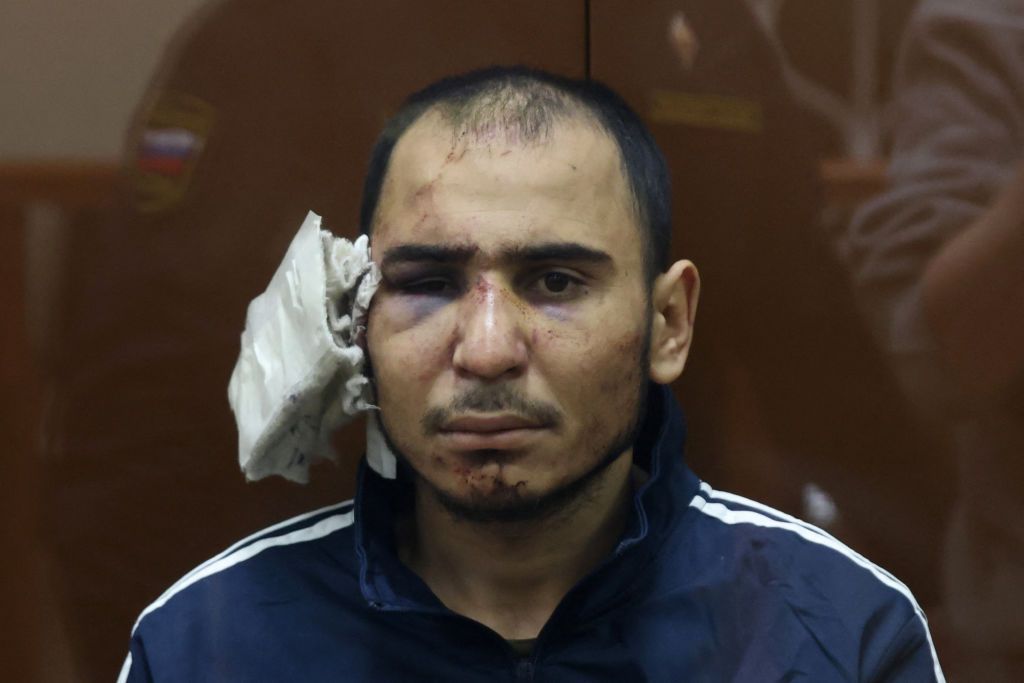FSB chief claims US warnings about terrorist attack in Russia were only 'general'

U.S. special services warned Moscow about the preparation and threat of a terrorist attack in Russia, but this information was "general," claimed Alexander Bortnikov, the head of Russia's Federal Security Service (FSB), on March 26.
Moscow allegedly carried out "actions" against "specific groups and specific individuals," but the information "was not confirmed at the time," according to Bortnikov.
Several gunmen opened fire at the Crocus City Hall in Krasnogorsk, a Moscow suburb, during a concert on the evening of March 22, killing 139 people. Islamic State claimed responsibility for the attack and released footage on March 23 from inside the venue.
Ahead of the attack, the U.S. Embassy in Russia issued a warning on March 7 that "extremists have imminent plans to target large gatherings in Moscow" and urged American citizens to stay away from crowded areas and venues over the next 48 hours. The U.K., Canada, Germany, and several other countries published similar statements soon after.
"This is information (from the U.S.) of a general nature — about the preparation of a terrorist act in places of mass gathering of citizens. We reacted to this information and, of course, took appropriate measures to prevent such manifestations," Bortnikov told the journalists, Russian state-owned news agency RIA Novosti reported.
Hours after the attack, Putin attempted to connect the attack to Kyiv, claiming that the detained suspects planned to flee to Ukraine. Later, he recognized that the terrorist attack "was committed by radical Islamists" but still alleged that Ukraine was to blame without providing evidence.
The White House said there was no indication that Ukraine was behind the Moscow attack.
A court in Moscow charged four men, all of whom are citizens of Tajikistan, with committing an act of terrorism on March 24. The next day, the court ordered three more suspects into pre-trial detention for their alleged involvement in the terrorist attack.














